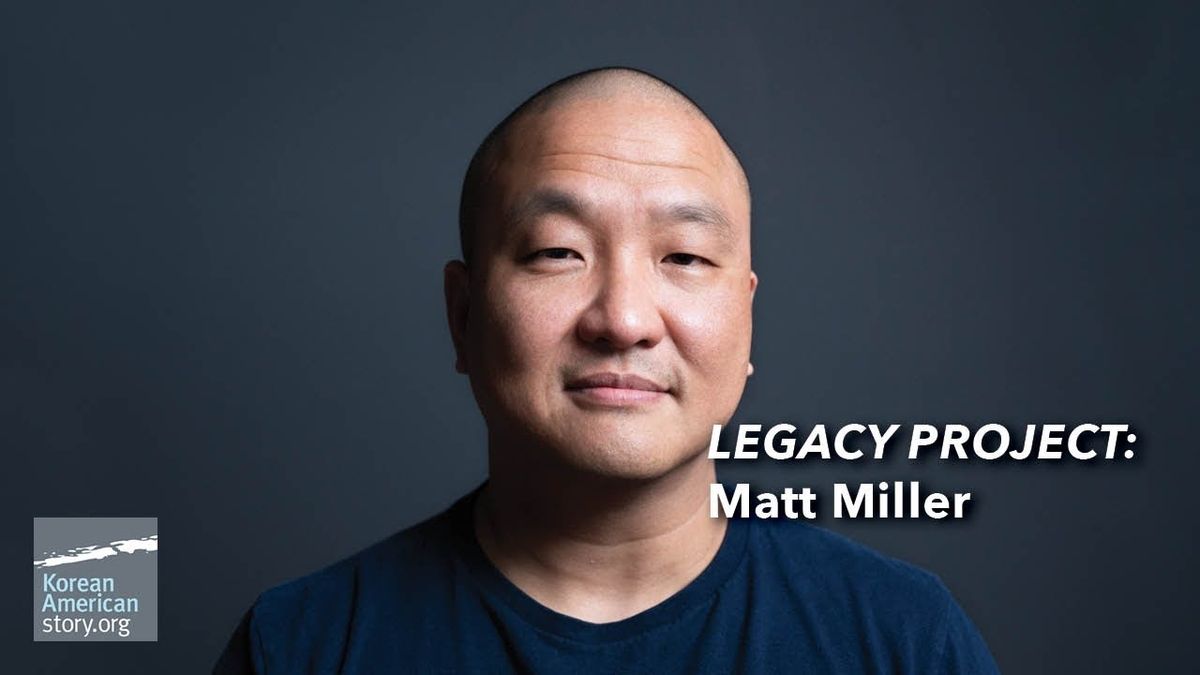
Trot singer Song Ga-in and Professor Seo Kyung-duk from Sungshin Women’s University have taken a significant step by promoting the 1926 film ‘Arirang’ and its director Na Woon-gyu, aiming to honor Korea’s March 1 Independence Movement Day. This effort is part of the Long Live Korean Independence campaign initiated by KB Kookmin Bank in 2019, designed to highlight Korea’s struggle for independence against Japanese colonial rule. The film ‘Arirang’, celebrated for its patriotic themes, is intricately tied to Korea’s traditional folk song, recognized as UNESCO’s Intangible Cultural Heritage of Humanity in 2012. It narrates the story of Yeong-jin, portrayed by Na, who suffers mental illness after being tortured by the Japanese for his protest activities, culminating in a tragic event involving his sister and a Japanese collaborator. Notably, the film, acclaimed for using metaphors to critique colonialism and for its role in reviving the Korean spirit, was screened both in Korea and internationally post-liberation, despite the original film being lost during the colonial period. Seo and Song’s promotional activities include a four-minute video about ‘Arirang’ and Na Woon-gyu, disseminated across social media platforms and Korean communities worldwide, aiming to shed light on forgotten historic figures. Additionally, Seo’s collaboration with actor Kim Nam-gil in another project featuring sapsarees, or sapsal dogs, native to Korea and symbolically utilized to protect territories in disputes with Japan, further marks the day’s significance.
Reviving the Spirit of Resistance
The film ‘Arirang’ is not just a cinematic masterpiece but also a symbol of Korean resilience and protest against Japanese imperialism. Its director, Na Woon-gyu, utilized the medium of film as a subtle yet powerful form of resistance, embedding messages of hope and defiance against the oppressors. Song Ga-in’s involvement brings a contemporary relevance to the project, connecting the historical struggle for independence with today’s audience, ensuring that the legacy of ‘Arirang’ and its significance in Korea’s cultural and political history is not forgotten. By reviving this historic film, Song and Seo aim to inspire a new generation with the stories of past sacrifices made for Korea’s freedom.
Engaging the Community and Beyond
The collaborative effort to promote ‘Arirang’ extends beyond mere remembrance. Through the widespread dissemination of the video on social media and among Korean communities globally, Seo and Song are engaging a broad audience in a dialogue about Korea’s history of resistance and resilience. This initiative is an example of how modern platforms and cultural figures can be leveraged to educate and inspire people about significant historical events and figures that shaped the nation’s identity. It also highlights the role of arts and culture in preserving and commemorating national history, ensuring that the stories of heroes like Na Woon-gyu continue to resonate with future generations.
Symbolism and Legacy
The choice of ‘Arirang’ and the involvement of sapsarees in the campaign are deeply symbolic, representing the enduring spirit of Korean independence and the ongoing efforts to protect and cultivate national heritage and identity. These initiatives serve as a reminder of the importance of cultural symbols in the fight against colonialism and oppression. As Korea continues to navigate its place on the global stage, the legacy of ‘Arirang’ and the efforts of individuals like Song Ga-in and Professor Seo Kyung-duk reinforce the value of remembering and honoring the past. Through their work, they ensure that the spirit of Korean independence, epitomized by the film ‘Arirang’ and its creators, remains vibrant and relevant today.




